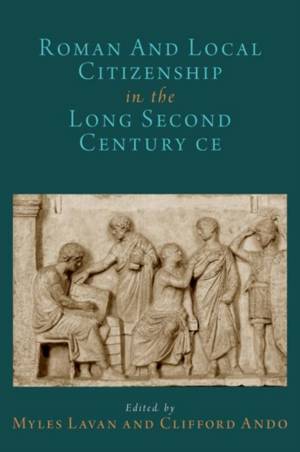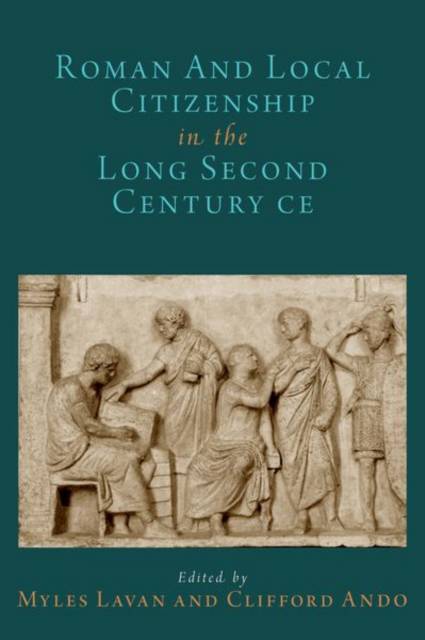
- Retrait gratuit dans votre magasin Club
- 7.000.000 titres dans notre catalogue
- Payer en toute sécurité
- Toujours un magasin près de chez vous
- Retrait gratuit dans votre magasin Club
- 7.000.0000 titres dans notre catalogue
- Payer en toute sécurité
- Toujours un magasin près de chez vous
Description
Imperial and Local Citizenship in the Long Second Century CE offers a radical new history of Roman citizenship in the long century before Caracalla's universal grant of citizenship in 212 CE. Earlier work portrayed the privileges of citizen status in this period as eroded by its wide diffusion. Building on recent scholarship that has revised downward estimates for the spread of citizenship, this work investigates the continuing significance of Roman citizenship in the domains of law, economics and culture. From the writing of wills to the swearing of oaths and crafting of marriage, Roman citizens conducted affairs using forms and language that were often distinct from the populations among which they resided. Attending closely to patterns at the level of province, region and city, this volume offers a new portrait of the early Roman empire: a world that sustained an exclusive regime of citizenship in a context of remarkable political and cultural integration.
Spécifications
Parties prenantes
- Auteur(s) :
- Editeur:
Contenu
- Nombre de pages :
- 388
- Langue:
- Anglais
- Collection :
Caractéristiques
- EAN:
- 9780197573884
- Date de parution :
- 14-12-21
- Format:
- Livre relié
- Format numérique:
- Genaaid
- Dimensions :
- 165 mm x 244 mm
- Poids :
- 680 g

Les avis
Nous publions uniquement les avis qui respectent les conditions requises. Consultez nos conditions pour les avis.






